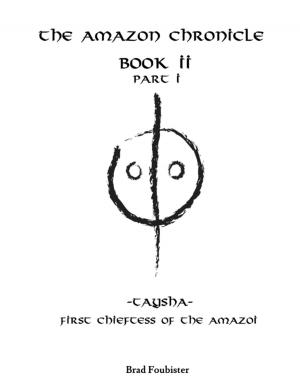| Author: | Kelly NGYAH | ISBN: | 9781329156739 |
| Publisher: | Lulu.com | Publication: | May 22, 2015 |
| Imprint: | Lulu.com | Language: | English |
| Author: | Kelly NGYAH |
| ISBN: | 9781329156739 |
| Publisher: | Lulu.com |
| Publication: | May 22, 2015 |
| Imprint: | Lulu.com |
| Language: | English |
Like sweetened candies that slowly and unnoticeably foster caries, so is the corruption phenomenon within a society. Assessed biblically, circularly and through other legal perspectives corruption seems to be an ethically derogatory issue which influences the human being towards an assured regression process. It entails most human societal actions that degenerate societal morals and peace are rooted in the premise of one corrupt act or the other. Given that all human beings are born corrupt, is it possible for us to deny our true selves in order to adapt to morally modest societal standards? The study previews the contemporary view of corruption and personifies the phenomenon into a motherhood structure that lives to assure human perdition. It examines the negative impacts of political and economic corruption on poverty, education, human health, and development. It also views the phenomenon as a practical societal evil to institutionally eliminate or live with as a necessary evil.
Like sweetened candies that slowly and unnoticeably foster caries, so is the corruption phenomenon within a society. Assessed biblically, circularly and through other legal perspectives corruption seems to be an ethically derogatory issue which influences the human being towards an assured regression process. It entails most human societal actions that degenerate societal morals and peace are rooted in the premise of one corrupt act or the other. Given that all human beings are born corrupt, is it possible for us to deny our true selves in order to adapt to morally modest societal standards? The study previews the contemporary view of corruption and personifies the phenomenon into a motherhood structure that lives to assure human perdition. It examines the negative impacts of political and economic corruption on poverty, education, human health, and development. It also views the phenomenon as a practical societal evil to institutionally eliminate or live with as a necessary evil.















